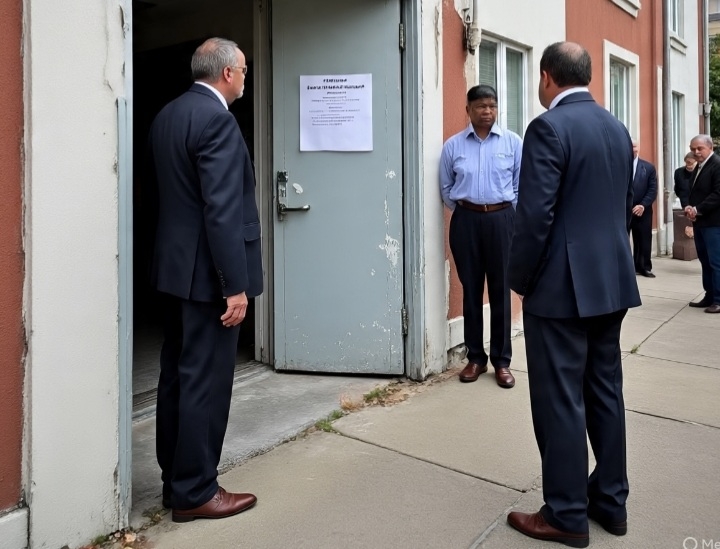Lake Properties Lake Properties
Your garden survives a Cape Town summer or it doesn’t. There is no middle ground.
Here is how you keep it hydrated and looking sharp when the heat and wind hit.
Water deep. Stop watering often.
Shallow watering fails in Cape Town. It trains roots to sit near the surface, where heat and wind kill them fast.
You water two to three times a week. No more. Each session must soak at least 25 to 30 cm into the soil.
If the soil is dry below your hand depth, you are wasting water.
Next step: Cut daily watering. Increase depth immediately.
Water early. Always.
Midday watering evaporates before it helps the plant. Evening watering can invite disease.
Early morning works because the soil absorbs water before heat and wind strip it away.
Next step: Set irrigation to finish before 8am.
Mulch everything that matters.
Bare soil is a mistake in this climate.
A 7 to 10 cm mulch layer can cut water loss by more than 40 percent in peak summer heat.
It also keeps roots cooler during 35 degree days.
Next step: Mulch all beds. Leave gaps around stems.
Fix the soil or keep paying for it.
Cape Town soil is often sandy. Water runs straight through it.
Compost changes that. It holds moisture longer and feeds roots steadily.
Gardens with compost need fewer watering cycles. That is measurable, not theory.
Next step: Work compost into beds now. Do not wait for winter.
Block the South-Easter.
Wind dries plants faster than sun.
If leaves look burned even though the soil is wet, wind is the problem.
Temporary shade cloth or permanent hedging solves it.
Next step: Protect exposed areas before the next heatwave.
Use drip irrigation. Skip sprinklers.
Sprinklers lose water to wind and evaporation. Drip systems deliver water where it matters.
That is why drip systems outperform sprinklers under water restrictions.
Next step: Convert high-use zones first. Lawns last.
Choose plants that belong here.
Indigenous and Mediterranean plants survive with less water because they evolved for this climate.
Exotics demand more water and fail faster under stress.
Next step: Replace high-maintenance plants as they die. Do not replant the same mistake.
Raise your mower blade.
Short lawns cook. Longer grass shades roots and holds moisture longer.
A lawn cut too low will need more water and still look worse.
Next step: Raise the blade. Water once or twice a week, deeply.
Feed lightly or not at all.
Heavy feeding in summer forces soft growth that burns in heat and wind.
Strong plants grow slower and survive longer.
Next step: Pause aggressive feeding until temperatures drop.
Watch daily. Act early.
Morning wilt means water now. Afternoon wilt can be heat stress, not drought.
Yellow leaves often mean too much water, not too little.
Next step: Adjust fast. Damage compounds quickly in summer.
Lake Properties Pro-Tip:
A well-managed garden adds real buyer appeal in Cape Town. Deep watering, mulch, and wind protection keep plants green through summer viewings. Buyers notice healthy gardens. They also notice dying ones. The difference shows up in offers.
Call to Action
Ready to explore the best investment opportunities in Cape Town?
Contact Lake Properties today and let our experts guide you to your ideal property.
If you know of anyone who is thinking of selling or buying property,please call me
Russell
Lake Propertie
ww.lakeproperties.co.za info@lakeproperties.co.za
083 624 7129
Lake Properties Lake Properties


























